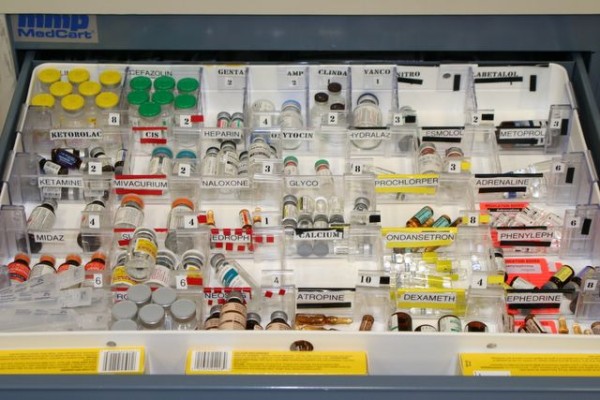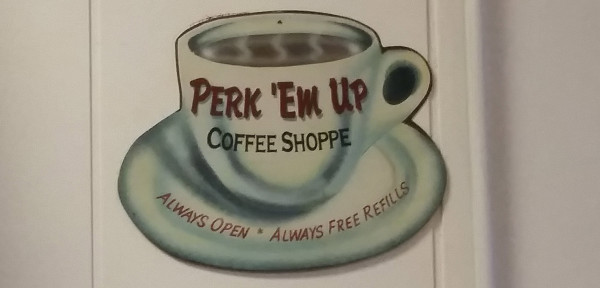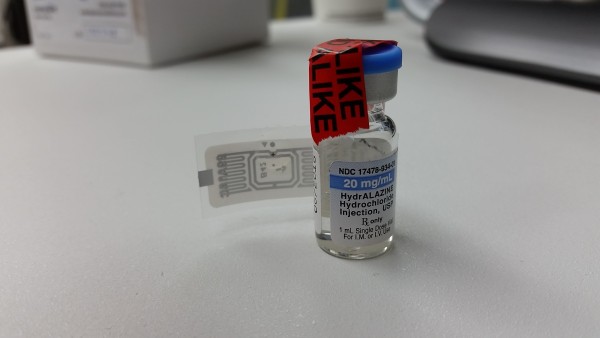Kitcheck.com: “Kit Checkâ„¢ … today announced that over 100 hospitals are using its cloud-based software solution. The first customer site was installed at the University of Maryland Medical Center in April 2012 and the user base has grown quickly, including more than 50 sites added since January 2014.†– Pretty interesting numbers coming from Kit Check once you get past the marketing jargon. Yeah, I’m calling shenanigans on this statement in the press release: “Kit Check Vice President of Sales Doug Zurawski, Pharm.D., commented, …  “Kit Check already represents the fastest adoption rate in history for hospital pharmacy software and our growth continues to accelerate.” Fastest adoption rate for hospital pharmacy software in history? I’d like to see the fact checking for that statement. I’m going to reserve the right to take that statement with a healthy dose of skepticism. Still, having 100 customers using RFID technology to manage medication trays is pretty impressive.
If you’re more than just a casual reader of this blog then you know that I support RFID technology and believe that it has a niche in pharmacy practice. And one of those niches is medication tray management.
I first mentioned Kit Check back in January 2012. Back then Kit Check was really the only game in town, but times have changed. Not by much, but they’ve changed. Today Kit Check is directly challenged by Intelliguard by MEPS Real-Time, Inc, and to a lesser extent MedKeeper. Each has their potential pros and cons.
Does this mean that RFID is poised to take off in pharmacy practice? Hardly, but it does mean that people are beginning to see the potential benefits of using this type of technology. As long as the companies in this space continue to improve usability I can see potential uptake in the near future.


